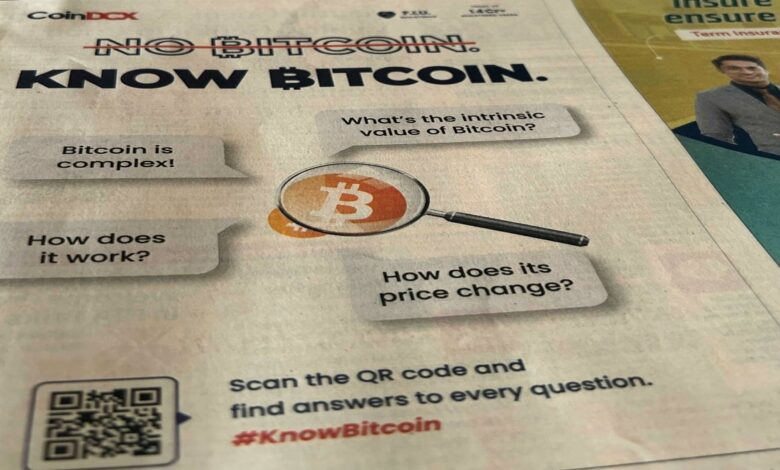CoinDCX Introduces Rs. 50 Crore Fund to Protect Investors: Details

Indian crypto exchange CoinDCX on Wednesday, August 7, announced the launch of a crypto investor protection fund (CIPF) worth Rs. 50 crores. The move by CoinDCX comes after WazirX users were left to bear losses following a hack that cost one of their wallets over $230 million (approximately Rs. 1,900 crore). With this, CoinDCX has become the first Indian crypto exchange to launch a fund pool to protect its users in financially vulnerable situations.
Announcing the CIPF, CoinDCX co-founder Sumit Gupta said: “This special fund will provide an additional layer of protection and ensure that our customers’ assets remain safe and intact in the extremely rare event of a security breach or adverse event.”
In the initial phase of the launch, the CIPF fund pool is worth Rs. 50 crore, but this amount will increase in the coming time. According to Gupta, two percent of the total brokerage income will be injected into the corpus to ensure that the locked-up amount gradually increases over time.
“We will continue to monitor the size of the fund and keep the balance sheet at a level that is sufficient to protect our users’ assets. The CIPF will be unique and a significant step towards building long-term trust in the Indian crypto ecosystem,” Gupta added.
The CoinDCX team also shared details about this announcement on social networking platforms, claiming that this emergency fund for investors is part of the exchange’s ‘defense in depth’ philosophy.
1/ :rotating_light: Announcing a new first for Indian crypto exchanges: CoinDCX’s INR 50 Crore Crypto Investors Protection Fund (CIPF)@smtgpt, @mri_gupMe and the entire team of 500+ at @CoinDCX working hard to provide the best investment and trading experience and also ensure that everyone’s funds… photo.twitter.com/kbcp1anX7J
— Neeraj Khandelwal (@neerajKh_) August 7, 2024
The WazirX wallet was hacked on July 18 under the supervision of Liminal Custody. Both WazirX and Liminal have cited their internal investigations to deny responsibility for the breach from their respective sides.
WazirX has suspended all deposits, withdrawals and trading on its platform since the attack, which is believed to have been facilitated by the North Korean Lazarus Group.
In an effort to restore financial equilibrium, the troubled exchange has come up with a controversial plan that sees “users with 100 percent of their tokens in the ‘not stolen’ category receive 55 percent of those tokens back. The remaining 45 percent will be converted into USDT-equivalent tokens and frozen.”
WazirX users have criticized the plan, which even imposes losses on those whose funds were not stolen in the attack. Many in the crypto industry have called on WazirX to reconsider its approach, but the exchange is sticking to its original plan.
CoinDCX’s CIPF is designed to provide support for similar situations should they arise within the ecosystem in the future.
“Impressive! Definitely a great move by the CoinDCX team; the right approach during tough times and this will only make users trust them,” Sana Afreen, Director of Partnerships at Rizzle, told Gadgets360 in response to the development. Afreen has funds stored in WazirX and is waiting for the platform’s services to restart.
However, several people from the crypto space are worried that such funds can only work if they are set up on a large scale, as the damage caused by hackers could easily exceed CoinDCX’s Rs 50 crore. And what happens then could wipe out the availability of such a pool of funds altogether.
When the FTX crypto exchange collapsed in the US in 2022, Indian exchanges rushed to adopt the trend of publishing regular transparency reports to give their users a glimpse into their coffers and ensure financial security. CoinDCX, with this CIPF corpus, could have started another trend that may or may not be adopted by other Indian exchanges.
Cryptocurrency is an unregulated digital currency, not a legal tender and subject to market risks. The information contained in the article is not intended to be and does not constitute financial advice, trading advice or any other advice or recommendation of any kind offered or endorsed by NDTV. NDTV is not responsible for any loss arising from any investment based on any perceived recommendation, forecast or any other information contained in the article.



